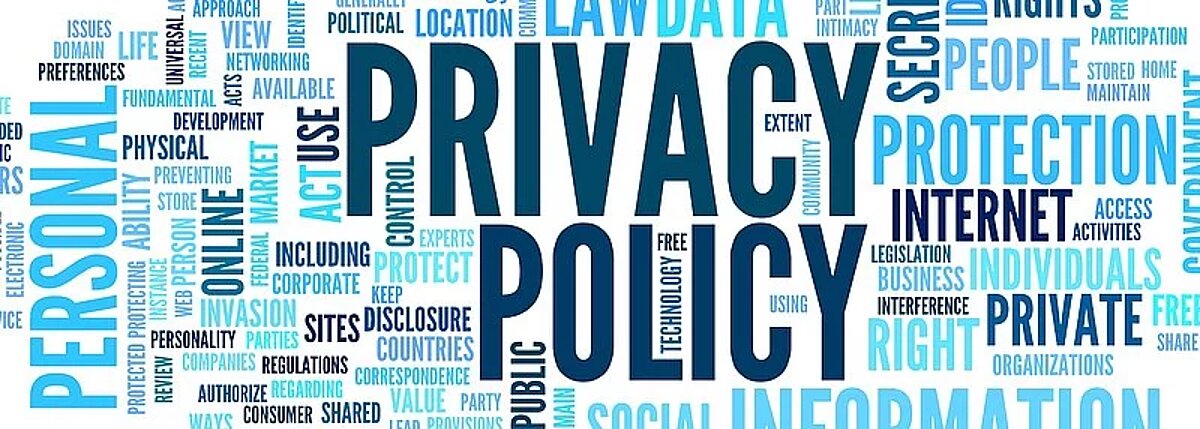The Data Protection Officer (DPO) plays a pivotal role in the modern organizational framework. With the enforcement of the General Data Protection Regulation (GDPR) in the European Union, appointing a DPO has become mandatory for many organizations. However, the DPO's role should not be confused with that of a legal firm or external consultant: it is a specific and distinct function aimed at ensuring that an organization manages personal data in full compliance with applicable regulations.
A DPO must have specific expertise in personal data protection, GDPR regulations, and corporate database management. Their work goes beyond technical aspects, encompassing corporate governance and monitoring internal compliance. For this reason, selecting the right DPO requires a careful evaluation of their skills, experience, and ability to adapt to the specific features of the sector and company size.
Key Responsibilities of a DPO
The responsibilities of a DPO are defined by the GDPR and encompass a range of critical activities to ensure personal data protection and corporate compliance. First and foremost, the DPO is responsible for informing and advising the data controller and employees about regulatory obligations. This includes continuous staff training, ensuring that everyone handling personal data understands the applicable regulations and best practices for data management.
Another core task of the DPO is to oversee personal data processing activities. They must ensure that these are carried out in compliance with GDPR, evaluate existing procedures, and recommend improvements where necessary. This requires in-depth analytical skills to identify potential risks and vulnerabilities in corporate processes.
The DPO also serves as the point of contact between the organization and the Data Protection Authority. This involves managing requests from the Authority and reporting any data breaches within the legally required timeframe. Prompt and accurate handling of such situations is crucial to avoiding penalties and safeguarding the company’s reputation.
Lastly, the DPO is tasked with monitoring the impact of new technologies and changes in business processes on personal data management. For instance, the introduction of a new CRM system or expansion into new markets requires a thorough assessment of its implications for personal data, often through a Data Protection Impact Assessment (DPIA).
Skills Required for an Effective DPO
To perform these tasks effectively, a DPO must possess a combination of technical, legal, and organizational skills. In-depth knowledge of the GDPR is, of course, essential, but not sufficient. The DPO must also understand other relevant regulations, such as the Italian Privacy Code (Legislative Decree 196/2003 and subsequent amendments), and be familiar with international information security standards like ISO/IEC 27001.
The DPO’s technical expertise includes the ability to assess risks related to data security, collaborate with IT teams to implement appropriate protective measures, and oversee corporate database management. At the same time, they must possess strong communication skills to interact effectively with various company departments and the Data Protection Authority.
Another crucial aspect is independence. The GDPR requires that the DPO operate without conflicts of interest, meaning they cannot be involved in corporate decisions related to personal data processing. This ensures that the DPO can fulfill their supervisory role impartially and objectively.
Why Choosing the Right DPO is Critical
Selecting the most suitable DPO for a company’s needs is a strategic decision. Every company has unique characteristics that can influence personal data processing and associated risks. A company handling large volumes of sensitive data, such as a healthcare provider or an e-commerce platform, will have different requirements compared to a smaller business with a limited database.
Identifying a DPO with specific experience in the company’s industry is essential to ensure optimal compliance. For example, an organization in the financial sector may benefit from a DPO with knowledge of banking regulations and cybersecurity management.
Equally important is the DPO’s ability to understand and adapt to the company’s culture. A good DPO must be able to collaborate with various departments, promoting a data protection culture throughout the organization. This is particularly relevant in a context where personal data management is not just a legal compliance issue but also a critical factor in building trust with customers.
Penalties and Corporate Responsibility
A common mistake is to consider the DPO as a marginal or optional role, particularly in smaller organizations. However, ignoring the obligation to appoint a DPO when required or selecting an unqualified individual can have significant consequences. The penalties under the GDPR can reach up to 4% of global annual revenue or €20 million, whichever is higher.
The DPO, therefore, represents a necessary investment to prevent data breaches, reduce legal risks, and protect the company’s reputation. Their presence does not replace the role of a legal firm but complements it, ensuring that the company not only complies with regulations but does so efficiently and sustainably.
In conclusion, the DPO is an essential figure for companies aiming to operate in compliance with data protection regulations. Choosing a qualified professional with the right skills and aligned with the specific needs of the organization is crucial to avoiding penalties, optimizing processes, and strengthening customer trust.
E-Business Consulting a company operating on the market for over 20 years, can help you choose the most suitable DPO for your organization. Call now for a free consultation














